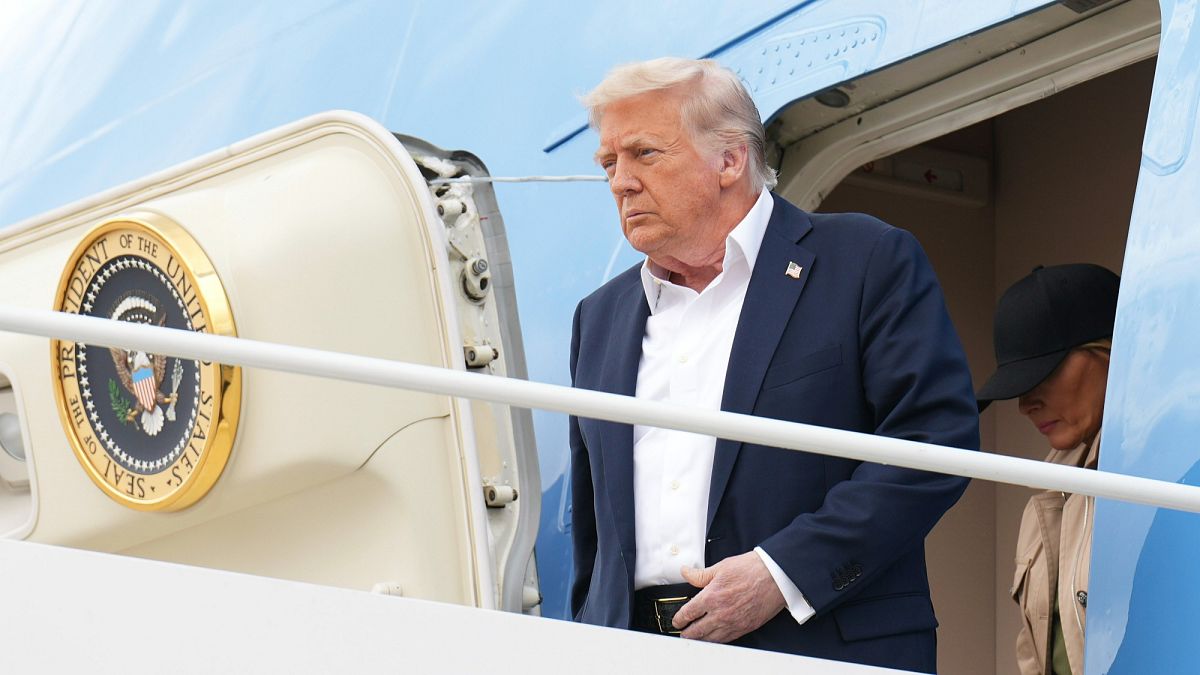

In a world interconnected by complex diplomatic and trade relationships, recent developments signal both opportunities for dialogue and the necessity of measured responses. A significant adjustment in US-EU trade dynamics is on the horizon, as the United States prepares to implement a 30% tariff rate on European goods starting from August 1st. This move, directed by US leadership, has prompted a poised yet ready-to-act response from the European Union. While the EU expresses a willingness to engage in constructive negotiations, it also stands prepared to adopt proportional countermeasures to protect its interests should these talks falter. This careful balance illustrates the EU’s strategic approach to maintaining equilibrium in international trade.
In parallel, the European Union faces delicate diplomatic considerations with its approach to Libya. While the EU officially collaborates with the Government of National Unity based in Tripoli, dialogues are also occurring with General Khalifa Haftar, who governs significant territories in Libya’s east. Past interactions have proven challenging, underscoring the intricate nature of engaging with multiple factions within a single nation. These efforts reflect the EU’s broader commitment to fostering stability in the region, albeit through nuanced diplomatic channels.
Amidst these trade and political dynamics, the humanitarian sector faces its own set of challenges. The field, predominantly reliant on a limited array of large donors, remains vulnerable to interruptions in aid. Recent cuts have illuminated the sector’s fragility, highlighting an urgent need for diversification in funding sources to sustain efforts aimed at alleviating global humanitarian crises. As the landscape of international aid evolves, the continuation of vital services depends on adaptive strategies that ensure resilience against financial fluctuations.
Additionally, transitions within the US State Department also capture attention. Over 1,300 layoffs have been implemented, provoking reactions from diplomats who describe the cuts as illogical and extreme. This significant reduction marks a pivotal shift in the department’s operational capacity and underscores the broader implications of policy decisions on diplomatic engagement worldwide. In these times, the remaining personnel are likely to shoulder increased responsibilities to maintain the United States’ diplomatic presence on the global stage.
Across these scenarios, what emerges is a global narrative of careful negotiation, resilience, and adaptation. Whether navigating shifts in trade policies, engaging in delicate political dialogues, addressing the vulnerabilities of the humanitarian sector, or managing organizational restructures within governmental bodies, the collective journey is one of balance and foresight. As nations, organizations, and individuals move forward, the emphasis remains on constructive relationships, thoughtful negotiation, and an unwavering commitment to long-term stability.
Source: {link}
